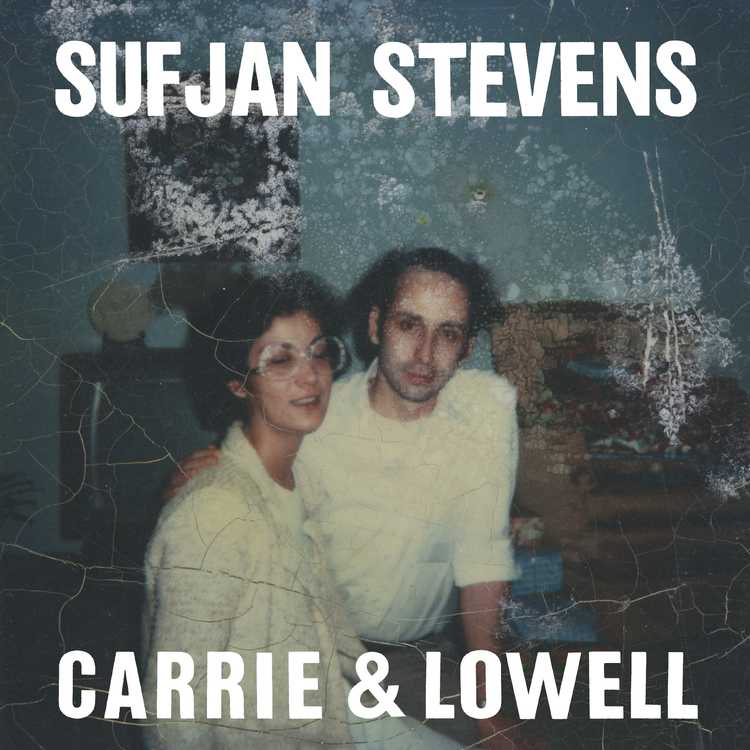Musically speaking, Sufjan Stevens has been all over the place. His indie rock beginnings in a band named after his brother Marzuki led him to start a solo project performing folk songs about everything from Flannery O’Connor’s “A Good Man is Hard to Find” to his own neuroses in daily life.
Following a couple albums of this type, 2001’s “Enjoy Your Rabbit” and 2002’s “Seven Swans,” he began a very ambitious project where he planned to write an album based on each of the 50 United States, beginning with “Welcome to Michigan, the Great Lakes State,” based on his home state of Michigan.
The second installment of this project, what many consider his best work, was written about the state of Illinois, titled “Sufjan Stevens Invites You to Come On, Feel the Illinoise!” “Illinois,” as it’s come to be called by fans and critics, was a sprawling 21-track album full of bells and whistles and lyrics about John Wayne Gacy and the 1893 Columbian Exposition.
He also used these themes to describe his struggle for survival as a traveling musician as well as illustrate the constant battle between the devout Christian Stevens and the slowly evolving world around him.
It’s been five years since his last solo release, 2010’s “The Age of Adz,” and now Stevens has learned that music isn’t all about elaborate orchestration and odd gimmicky concepts.
“Carrie and Lowell,” his first album since “Adz,” is 44 minutes of Stevens stripped bare, using only a guitar and his voice to eulogize his mother, Carrie Stevens.
Carrie fell prey to controlled substance and familial issues and abandoned her two sons at a video when young Stevens was only four, but she was still loved unconditionally by Stevens and Marzuki as well as their stepfather Lowell.
With “Carrie and Lowell,” Stevens has realized that his message is best conveyed when there are no aural distractions, especially when the songs are as soul-baring and personal as the 11 tracks on this album.
It’s almost as if Stevens has revisited the idea of bedroom recording like on his first albums, “A Sun Came!” and “Enjoy Your Rabbit.” The guitar is clean and his singing is impeccable as always.
Songs like “Should Have Known Better,” where the listener learns that “when I was three/three, maybe four/You left us at the video store” are more lyrically complex and honest than anything Stevens has written to date.
In fact, there is so much raw emotion and vulnerability in these tracks that every message, no matter how inane, strikes a nerve for the listener, like in “No Shade In the Shadow of the Cross,” where Stevens sounds so numb and proclaims “F*** me, I’m falling apart” that one can empathize with the emptiness he experiences after losing the person that despite gave him a harsh upbringing was loved unconditionally and wholly.
Yes, the tracks are depressing and yes, they will make one very emotional, but it may very well be one of, if not the most, rewarding albums to listen to in its entirety. Fans and first-timers alike will hold this album very dear and close to them as they anticipate the next five years they’ll have to wait before Stevens releases another heartfelt and raw record.



































